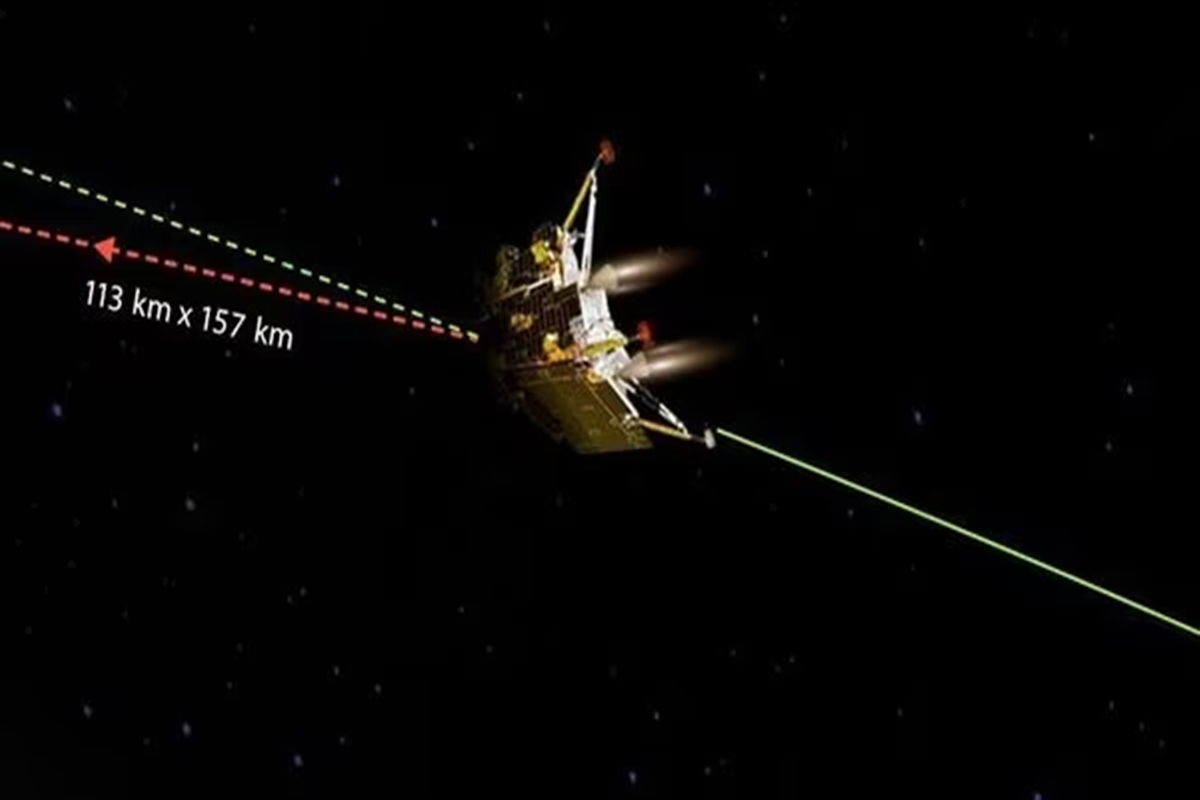ISRO, India’s space agency, has marked a significant achievement in space exploration by successfully deploying the Pragyan rover from the Vikram lander onto the moon’s surface.
Pragyan, the rover, is essentially a rolling science laboratory packed with an array of specialized tools. Its mission is to explore the lunar terrain and collect valuable data. Let’s delve into what Pragyan brings to the table.
Advertisement
What are Pragyan’s main tasks?
One of Pragyan’s main tasks is to scrutinize the chemical makeup of the moon’s surface. For this, it carries a sophisticated Chemical Composition Analyzer, a tool that can detect and quantify the various elements and compounds that make up the lunar surface.
Another critical instrument onboard Pragyan is the Elemental Composition Analyzer. Its purpose is to investigate the elemental composition of lunar soil and rocks near the landing site. This data is pivotal for scientists seeking to understand the moon’s geological history and formation.
Also Read: Pragyan takes a walk on the Moon
These instruments serve as scientific eyes and hands on the moon, helping researchers gain insights into its composition and geological features. Such information is invaluable for deciphering the moon’s past and how it has evolved over time.
What’s next for Pragyan rover?
Over the next two weeks, Pragyan, the six-wheeled rover, will be busy conducting a series of experiments directly on the moon’s surface. Both the Vikram lander and Pragyan rover function optimally for the duration of one lunar day, which equates to approximately 14 Earth days.
Furthermore, the Vikram lander is carrying a payload known as RAMBHA-LP (Langmuir Probe). This specialized device will measure the density of plasma near the lunar surface. It encompasses ions and electrons, and track how this density changes over time.
Additionally, the ChaSTE (Chandra’s Surface Thermo Physical Experiment) instrument will diligently record thermal properties of the moon’s surface. The focus will be on the polar region.
Pragyan, with a weight of 26 kilograms, carries two vital payloads. One is to analyzing the chemical composition of the lunar surface. The other will determine the elemental composition of lunar soil and rocks in the vicinity of its landing site.
India’s achievement in deploying the Pragyan rover onto the moon’s surface is a significant step forward in lunar exploration. Pragyan, with its array of specialized instruments, will unlock the secrets of the moon’s composition and geology. It will do so during its mission duration on our celestial neighbor.
















